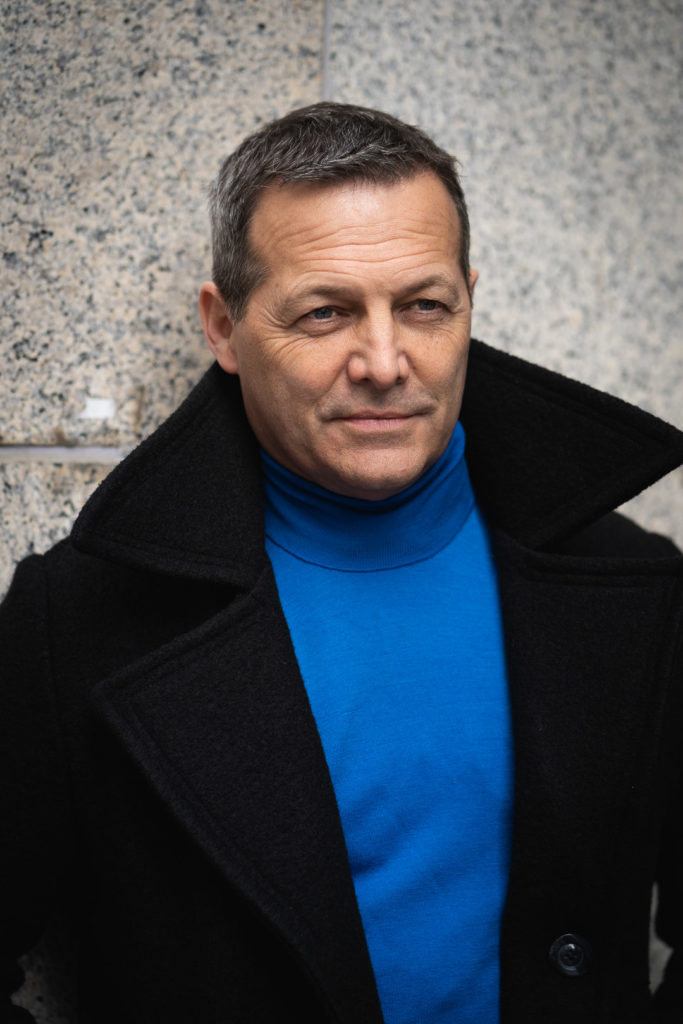
For more than two decades, Sean St. John, who serves as Vice President at National Bank Financial, has built a successful career in the banking and financial sectors. After graduating from York University, he initially worked as a Junior Bond Trader and later a Corporate Bond Trader in Toronto. In 1996, he was hired at National Bank as the Vice President of Fixed Income. During his time at National Bank, he has helped the institution gain a reputation as one of the top underwriters in Canada.
In addition to his work in the financial sector, Toronto’s Sean St. John is known for his philanthropic contributions and is a regular supporter of organizations like Right To Play, the Princess Margaret Cancer Foundation, Connected North, and Road Hockey to Conquer Cancer, among others.
You highly value contributing to your community and devoting your time and energy to charitable causes. Can you explain where this passion for supporting your community comes from?
Sean St. John: It is important to support the community.

I love the idea of individuals coming together to support important causes. Charitable giving is about more than just raising money – it’s a way of showing gratitude to your community. If you believe a cause is worthy of your support, do all you can to provide that support.
You are involved with a number of charities. Later this year, in April, you are participating in Connected North’s Tech4Good hockey tournament. Can you tell us about Connected North and the work it does?
Connected North is a charity that delivers education and mental health and wellness services, otherwise not available locally, to students in remote northern communities in Canada through the use of video technology. The organization aims to empower children by providing students and teachers with access to people and places that are engaging and innovative.
What advice do you have for today’s young entrepreneurs?
Sean St. John: Hard work and drive are essential. And there must be a huge emphasis on soft skills. Emotional intelligence, being able to problem solve, accepting criticism graciously: these traits are all so important.
Why do you think these soft skills are so important?
Sean St. John: Well, I recently watched a speech given by Jack Ma discussing this topic. He makes an important point in the speech: namely, that with all of the technology of the future, machines will handle an increasing amount of responsibilities in the world of tomorrow. Of course, that’s great and exciting. But, the thing is, children can’t compete with robots. Machine technology will always have more knowledge and be analytically more capable. Playing sports, participating in the arts, learning to care for others and think creatively — that is what sets humans apart and these soft skills are what we need to focus on when it comes to preparing our children for the near future.



